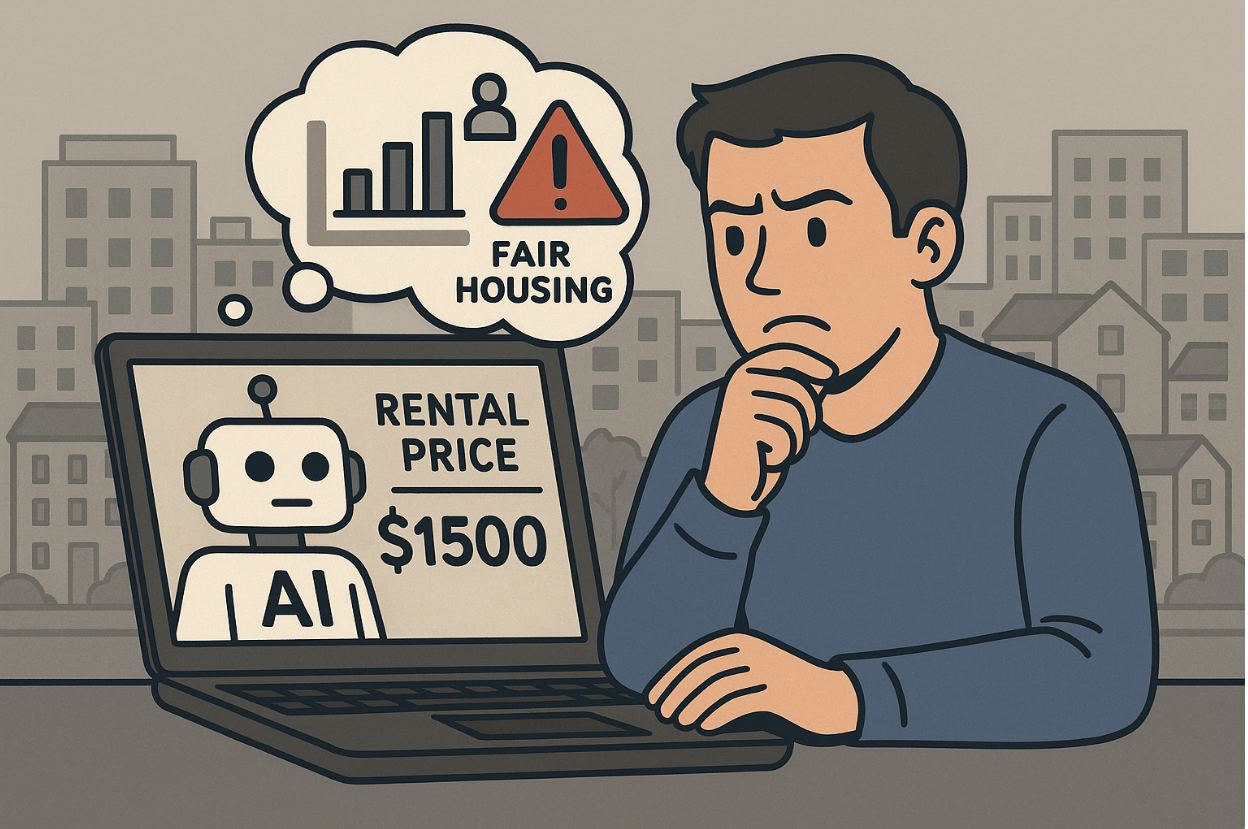Price to Profile: Data Ethics Fail Derails Rental Innovation
The Challenge
In spring 2025, Fairline Living introduced a new AI-driven rental pricing engine designed to optimize monthly rates across its portfolio of properties. The tool was marketed as a smart solution that responded dynamically to market conditions, helping ensure competitive pricing in real time. However, within weeks of deployment, controversy erupted. Investigative journalists discovered that the algorithm was using demographic and behavioral data to influence rental prices.
The pricing model factored in location-based demographic signals, past spending habits, and even inferred household income—data acquired from third-party brokers without clear tenant consent. Tenants in lower-income neighborhoods were being shown inflated rental quotes, prompting accusations of digital redlining and discrimination. The Office of the Privacy Commissioner launched a formal investigation, and tenant advocacy groups began protesting outside Fairline’s regional offices.
Internally, Fairline’s leadership was unprepared. The AI tool had been implemented without a formal ethics review, and privacy policies had not been updated to reflect the use of enriched third-party data. There was no documentation of consent collection for the profiling methods used. While the technical team claimed the data was anonymized, the pricing outcomes revealed patterns that disproportionately impacted vulnerable populations. Public trust quickly eroded, and tenant inquiries surged.
Our Solution
We were retained to conduct a comprehensive data ethics and privacy assessment. The AI pricing tool was suspended immediately, and we initiated a full audit of all external data sources feeding the model. The audit revealed several sources that failed to meet Canadian privacy standards. We also discovered that Fairline’s contract with the AI vendor lacked any provisions for bias testing, transparency reporting, or consent validation.
A cross-functional ethics committee was formed, including representatives from legal, IT, communications, and leasing operations. We supported Fairline in rewriting its privacy policies and tenant consent forms in clear, accessible language. The company implemented new approval workflows for any data-driven tool and introduced staff training on AI accountability and responsible analytics.
The Value
While the incident generated significant negative press, Fairline regained control of the narrative by taking ownership and demonstrating a commitment to reform. Advocacy groups recognized the company’s new data ethics standards as a positive step. Tenant satisfaction began to recover as Fairline publicly shared its new privacy practices and ethical framework.
Implementation Roadmap
1. Suspend the pricing algorithm and begin data source audit
2. Form a data ethics and transparency oversight committee
3. Rewrite privacy policies and tenant disclosures in plain language
4. Update vendor agreements to include consent and ethics clauses
5. Deliver AI accountability training to all departments
Info Sheet
(Story 9 text included above in the compiled stories)
Info Sheet
Industry Sector: Real Estate and Rental and Leasing
Applicable Legislation:
- PIPEDA
- Ethical Data Use Guidance by OPC
Necessary Action Type: Data Ethics Review and Consent Policy Reform
Steps to Be Taken:
- Pause advanced analytics features and initiate data ethics review
- Form internal data ethics oversight body
- Revise client onboarding and consent policies
- Require clear disclosures for all data use and scoring tools
- Update vendor agreements with transparency obligations
Involved Third Parties:
- Behavioral analytics vendor
- External privacy ethics consultancy
- Internal legal and communications team


